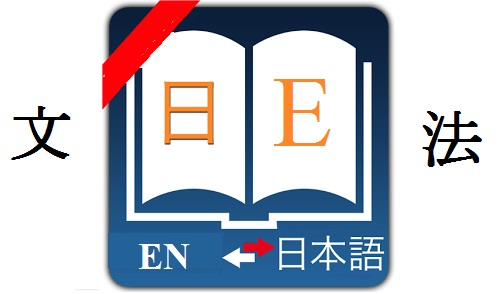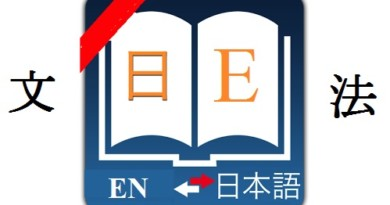Japanese まさか+ negative form grammar masaka + negative form

Let’s learn Japanese まさか+ negative form grammar masaka + negative form:
Formation :
まさか+ negative form
Meaning and how to use :
Describe the meaning “Something can’t be done in reality, but the speaker still wants to do it”. It is often used to an extreme example. It goes with「Vれない」or「ともいえない」、「わけにもいかない」、…
Example:
私はまさかいつも君のそばにいないので君は自分でがんばるしかたがない。
Watashi ha masaka itsumo kimi no soba ni inai node kimi ha jibun de ganbaru shikata ganai.
I am not always beside you, so you have to do it on your own.
まさかいつも暇だし、君が電話したらすぐに来られないよ。だから、とても重要な事があるときしか電話しないでください。
Masaka itsumo himadashi, kimi ga denwa shitara sugu ni korarenai yo. Dakara, totemo juuyou na ji ga arutoki shika denwashinaidekudasai.
I am not always free, so I can’t come as soon as you call. So please call me only when there is something very important.
まさか君のため何でも出来るわけにもいかない。はやく自立してください。
Masaka kimi no tame nandemo dekiru wakenimo ikanai. Hayaku jiritsu shitekudasai.
I can’t do everything for you. Please stand on your own as soon as possible.
あなたの何の話にもすぐに信じるとはいえない。価値がある話だけ話してください。
Anata no nan no hanashi nimo sugu ni shinjiru toha ienai. Kachi ga aruhanashi dake hanashitekudasai.
I don’t immediately believe in all your stories. Please only tell the story that is worthwhile.
まさか誰にもアドバイスを聞くともいえない。
Masaja darenimo adobaisu wo kiku tomo ienai.
I don’t listen to the advice from just anyone.
Above is Japanese grammar まさか+ negative form. If you don’t understand the signs we used in formation, you can find their meaning here : signs used in Japanese grammar structures.
You can search the structure you want by using the search tool on our website (using key : grammar + ‘structure name’ or you can find more Japanese grammar structures in the following category : Japanese grammar dictionary
